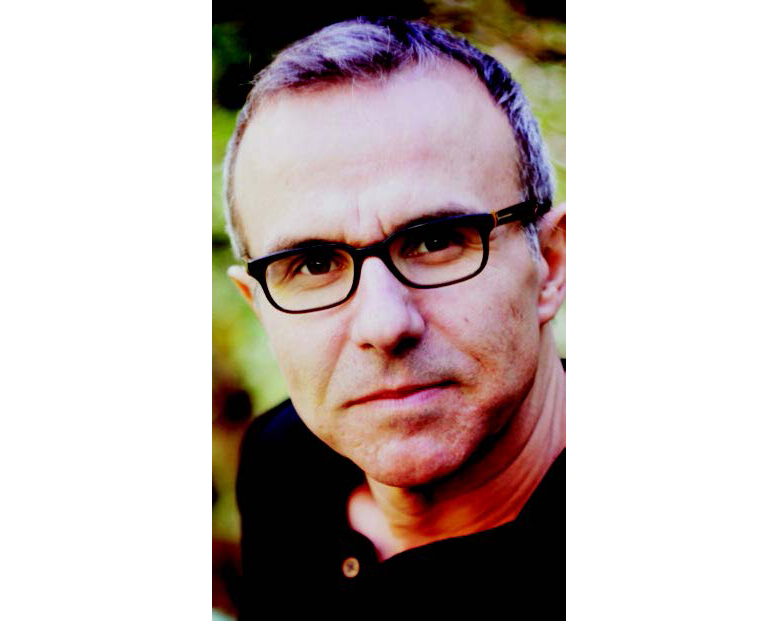
Philippe Besson is the author of 16 novels, film scripts and plays. He has received two literary awards.
In 2001 Julliard published Philip Besson’s novel “His Brother” that was made into a celebrated feature film by Patrice Chéreau.
Besson is the author of several novels, including: “In the Absence of Men”, “Late Autumn”, “Good Reason for Suicide”, “The Sea View from There”, “The House at the Atlantics”. These works gained him a reputation of one of the most important writers in his generation. In 2014 his first play “Tango at the Seashore” was produced in Paris. In 2015 Besson’s new novel “Fast Life” was published, full of memories about the turbulent life of legendary actor, James Dean who died aged 24.
Philip Besson’s participation in Tbilisi Literature Festival is supported by Institut Francais in Georgia and Agence Universitaire de la Francophonie (AUF).
IN THE ABSENCE OF MEN
Offering
I am sixteen. I am as old as the century. I know there is a war, that soldiers are dying on the front lines of this war, that civilians are dying in the towns and the countryside of France and elsewhere, that the war – more than the destruction, more than the mud, more than the whistle of bullets as they tear through a man’s chest, more than the shattered faces of the women who wait, hoping sometimes against hope, for a letter which never arrives, for a leave of absence perpetually postponed, more than the game of politics that is played by nations – is the sum of the simple, cures, sad and anonymous deaths of soldiers, of civilians whose names we will one day read on the pediments of monuments, to the sound of a funeral march. And yet, I know nothing of war. I live in Paris. I am a pupil at the lycee Louis-le-Grand. I am sixteen. People say: what a beautiful child! Look at him, he really is magnificent. Black hair. Green, almondshaped eyes. A girl’s complexion. I say: they are mistaken, I am no longer a child. I am sixteen and I know perfectly well that to be sixteen is a triumph. More so, perhaps, in time of war. Because I have escaped the war, while those just a little older, those who mocked me, have not escaped, and so are absent. And so I am almost alone, wreathed in the palpable triumph of my sixteen years, surrounded by women who take care of me, with their excessive, frightened care. I love this new century, which carries with it my hopes, this century which will be mine. Mother said time and again, before the summer of 1914, that to be born with the century was a sign from God, a benediction, a promise of happiness. She was proud of this miraculous coincidence: my birth, and that of the twentieth century.
translated from French by Frank Wynne

